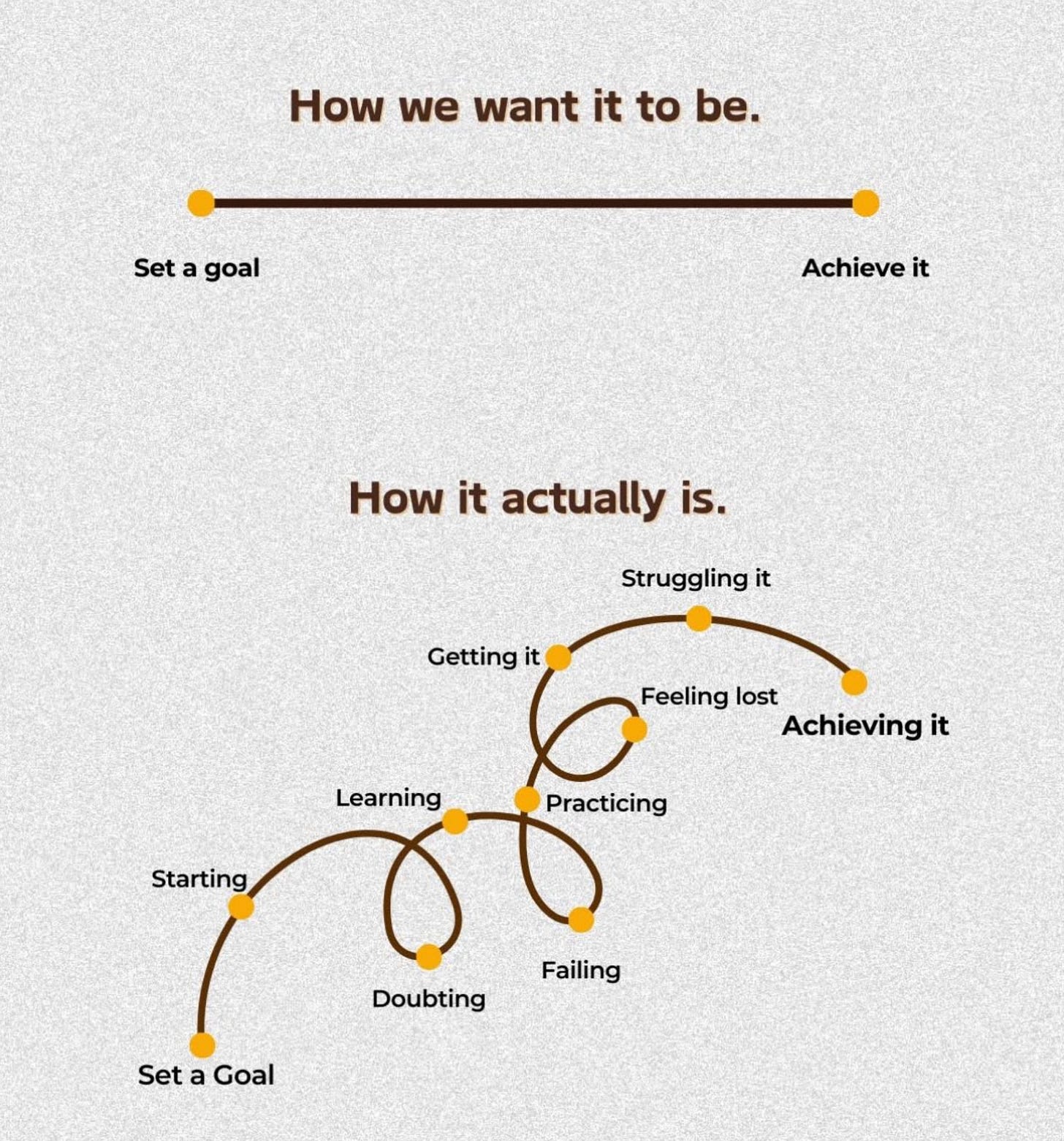Founder Fridays No. 154
YC’s Request for Startups -- Shopify's AI Transformation -- Medium's Death March Turnaround
Happy Friday.
YC’s Request for Startups
YC just dropped their latest request for startups, and three ideas caught my attention for their sheer audacity and market size. First, they're hunting for the first 10-person, $100B company - betting that AI tools can create hyper-efficient teams that move faster than bloated incumbents while generating billions in revenue per employee. Second, they want startups building AI-powered trade schools to retrain workers for jobs like welding and electrical work, tapping into massive government funding while solving the skilled labor shortage holding back AI infrastructure buildout. Third, they're backing founders who can use LLMs to replace the $100B government consulting industry, turning armies of expensive consultants into smart software that actually works. Y Combinator (7 minutes)
Shopify's AI Transformation
Most companies are still debating whether employees should use AI, while Shopify is giving everyone unlimited access to the most expensive models and tracking who spends the most on tokens as a productivity metric. Their counterintuitive approach includes hiring more interns (not fewer) because they're naturally AI-native, making lawyers default to "yes" on AI tools, and building internal infrastructure that turns every employee into a power user regardless of technical background. The real breakthrough isn't just using AI faster - it's discovering entirely new workflows and business processes that were impossible before, like sales reps building custom tools in Cursor or automatically generating RFP responses that learn from past wins. Shopify's bet is that AI doesn't just make work faster, it reveals completely different ways to work that unlock "process power" most companies haven't even imagined yet. Applied Intelligence (16 minutes)
Medium's Death March Turnaround
Medium was hemorrhaging $2.6M monthly while paying creators for get-rich-quick Wikipedia rewrites, sitting on $37M in overdue loans, and facing a cap table so toxic that five separate investor groups could veto any major decision. CEO Tony Stubblebine had to choose between shutting down or doing something most entrepreneurs never attempt - a management-led recap that would cram down over $200M in liquidation preferences while simultaneously fixing product quality and cutting costs by two-thirds. The company went from 250 employees burning cash on SF office space they didn't use to 77 profitable remote workers who actually ship features people want to pay for. Most startup turnaround stories skip the brutal financial mechanics, but Stubblebine breaks down exactly how to negotiate with absent investors, restructure debt, and rebuild team morale when your equity is mathematically worthless. Medium (of course!) (18 minutes)
Founder FAQ: How Do I Protect My Startup Idea?
Most founders obsess over protecting ideas that aren't actually protectable, when they should be focusing on execution and building defensible business moats instead. The harsh reality is that very few startup ideas qualify for meaningful patent protection, and even fewer benefit from the expensive legal processes that rookie entrepreneurs think they need. Smart founders conduct thorough research first to determine if their idea is truly unique, then selectively use tools like provisional patents, NDAs, and trademark registration - but only when strategically necessary, not as blanket protection. The biggest mistake is demanding investors sign NDAs before initial meetings, which immediately signals inexperience and kills potential funding conversations before they start. Westaway (8 minutes)
Startup Funding Guides
I’ve put together a series of guides to equip founders to excel at fundraising. These guides break down the deal term-by-term and give you negotiation tips so that you can speak to investors with confidence.
Convertible Note: Guide / Video
Built By Founders for Founders
I co-founded my first startup with friends in 2007. As a founder, I struggled to find an affordable law firm that was designed for early-stage startups. So, I created one myself. Westaway is a law firm built by founders, for founders. If you're ready to ditch the outdated billable hour model and try a new approach to legal services that saves you time and money, let's talk. I'd love to jump on a 15-minute call to show you how we can make legal work smooth, fast and cost-effective for your startup. Schedule a call with me now.



